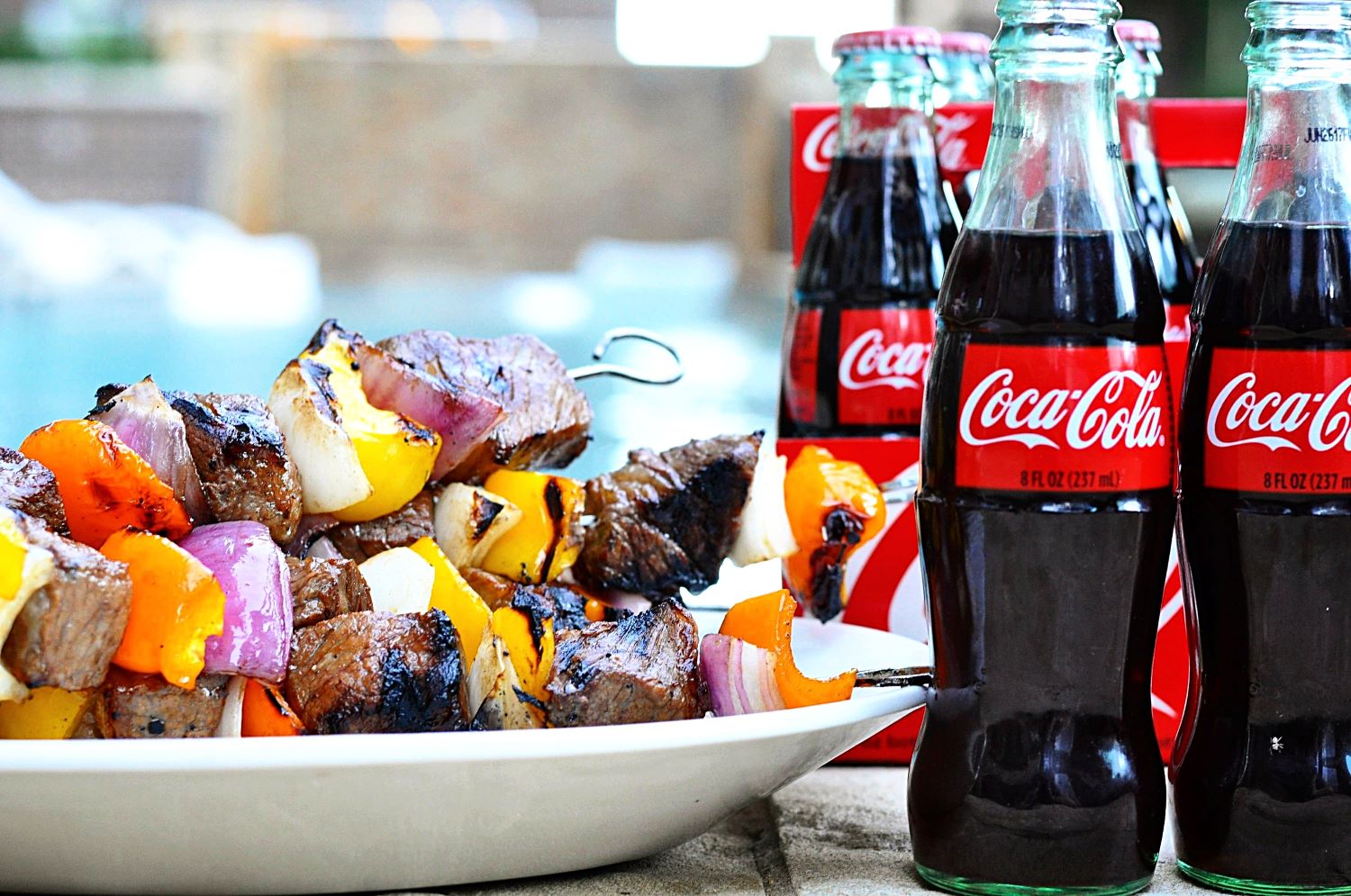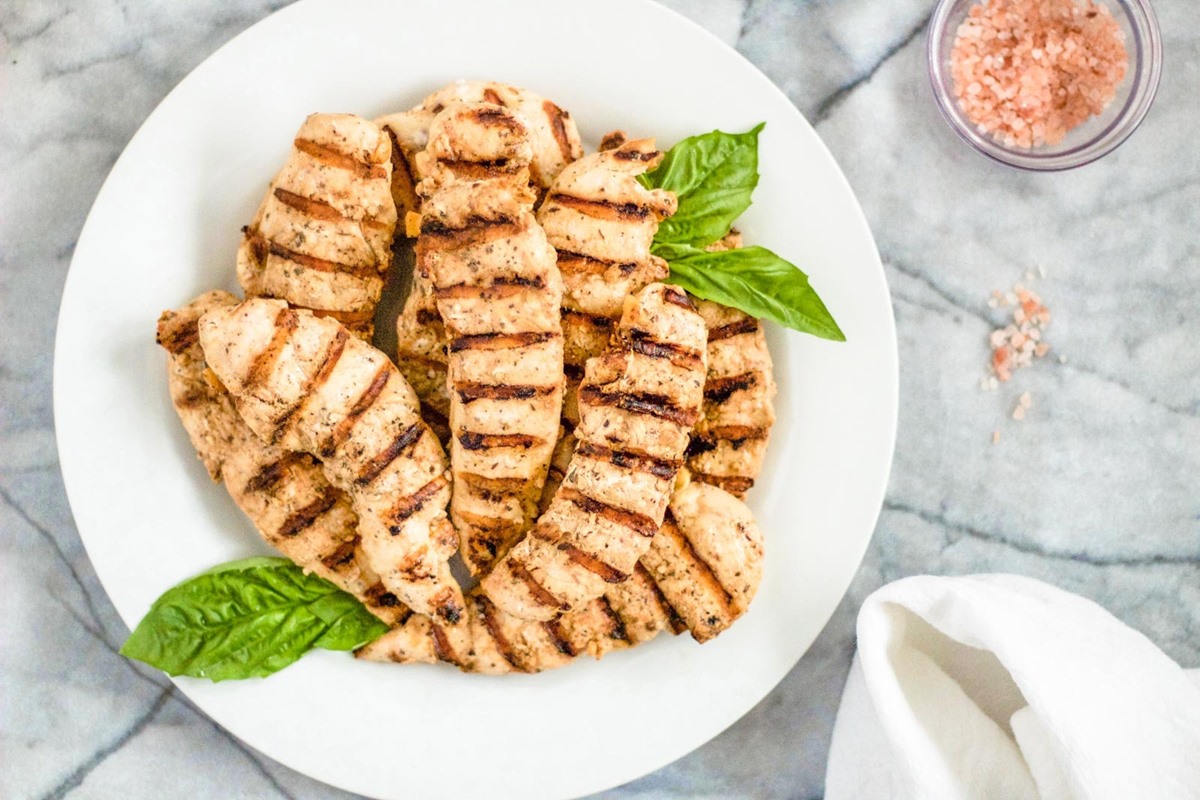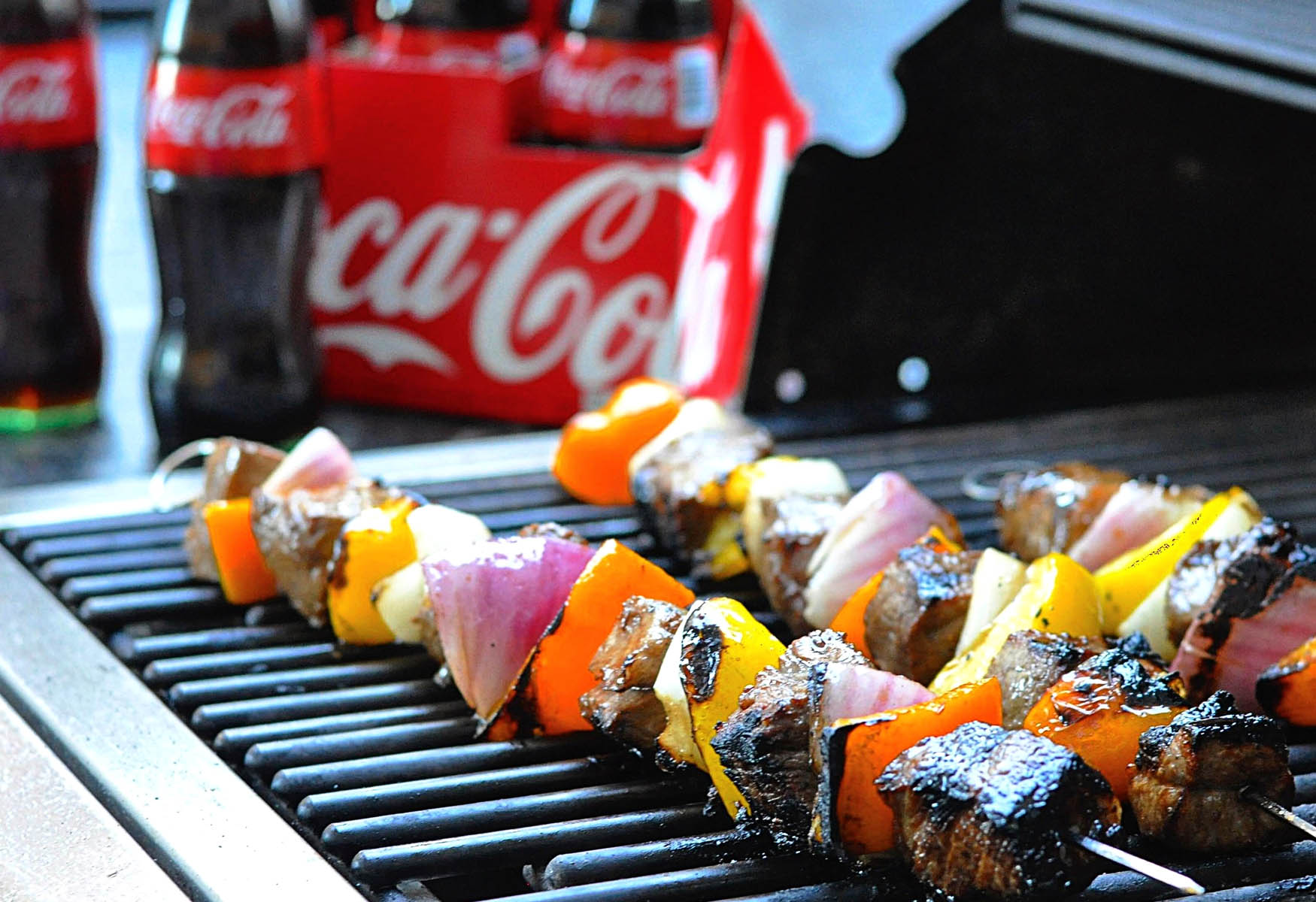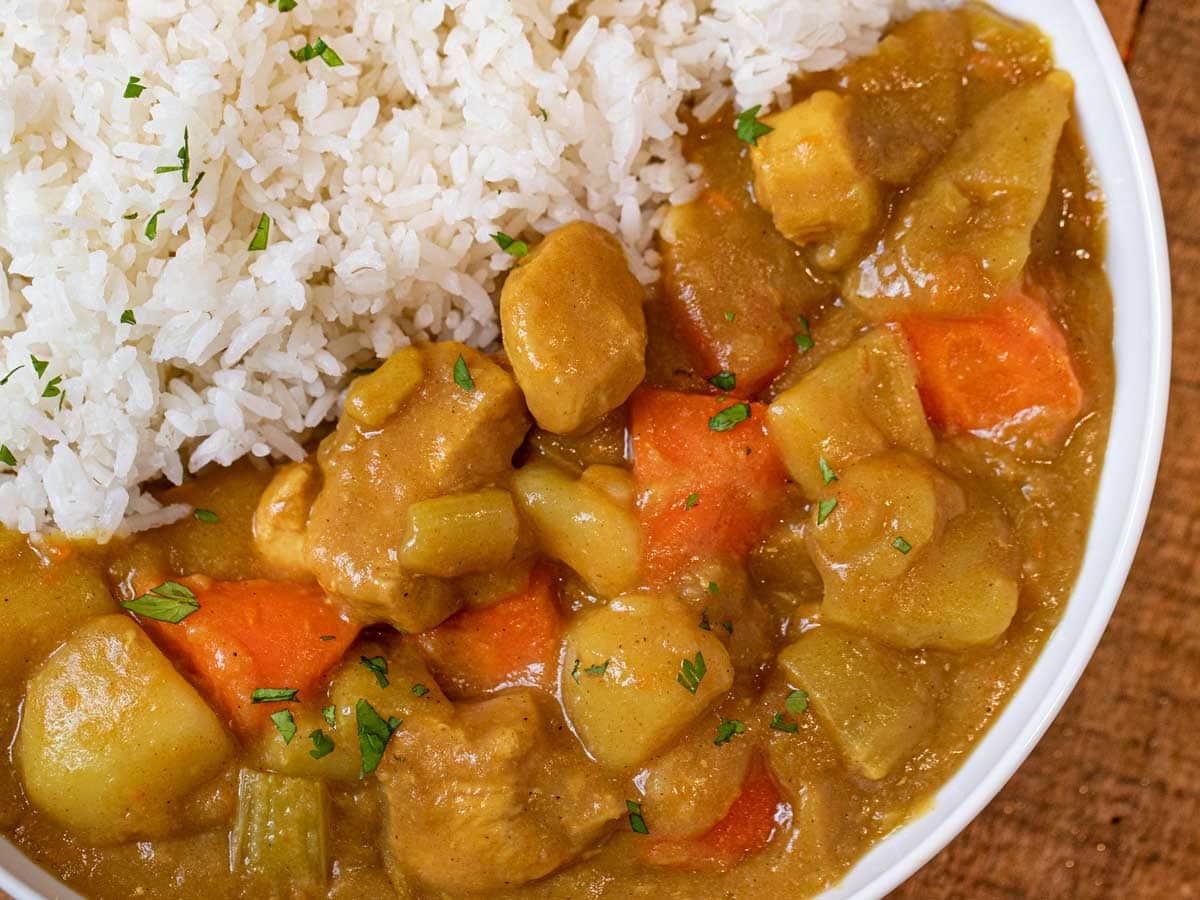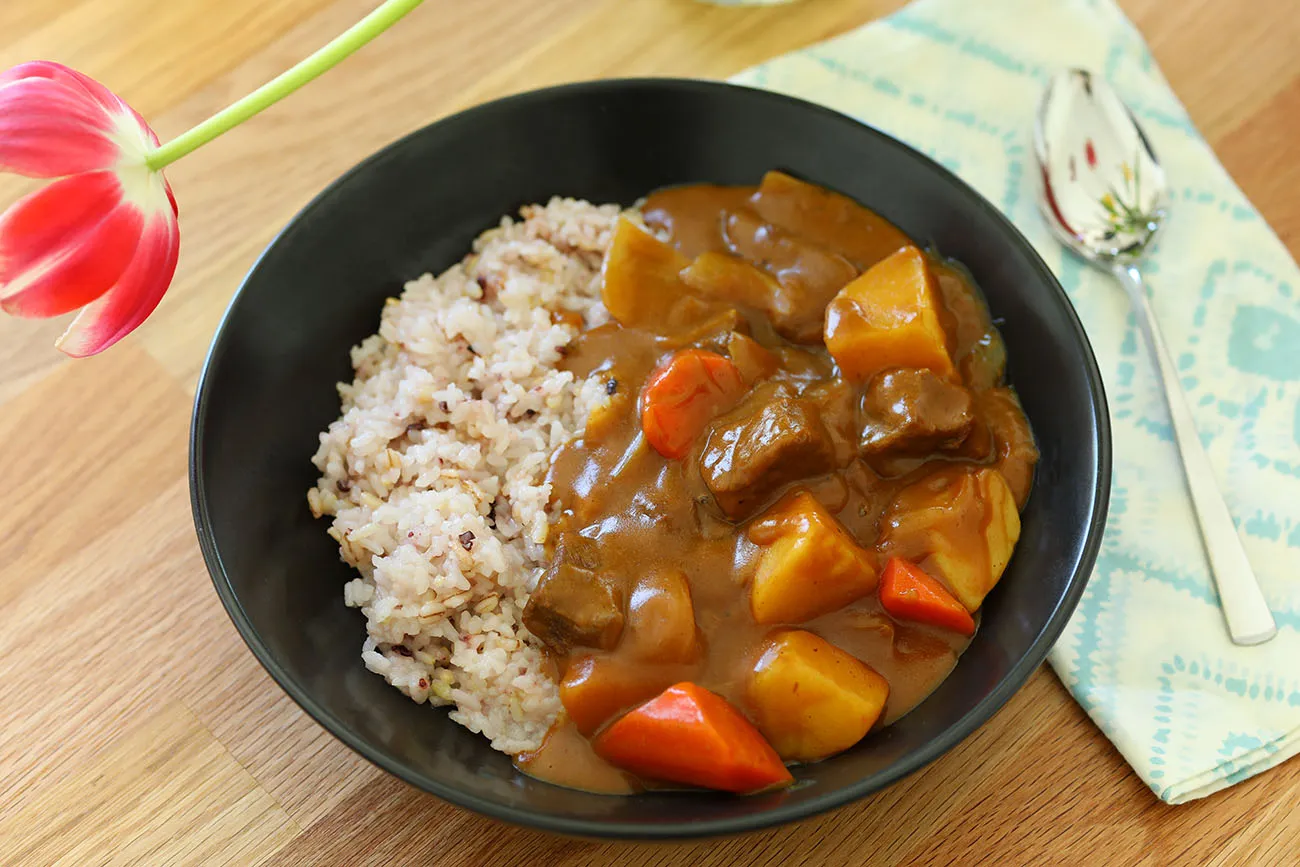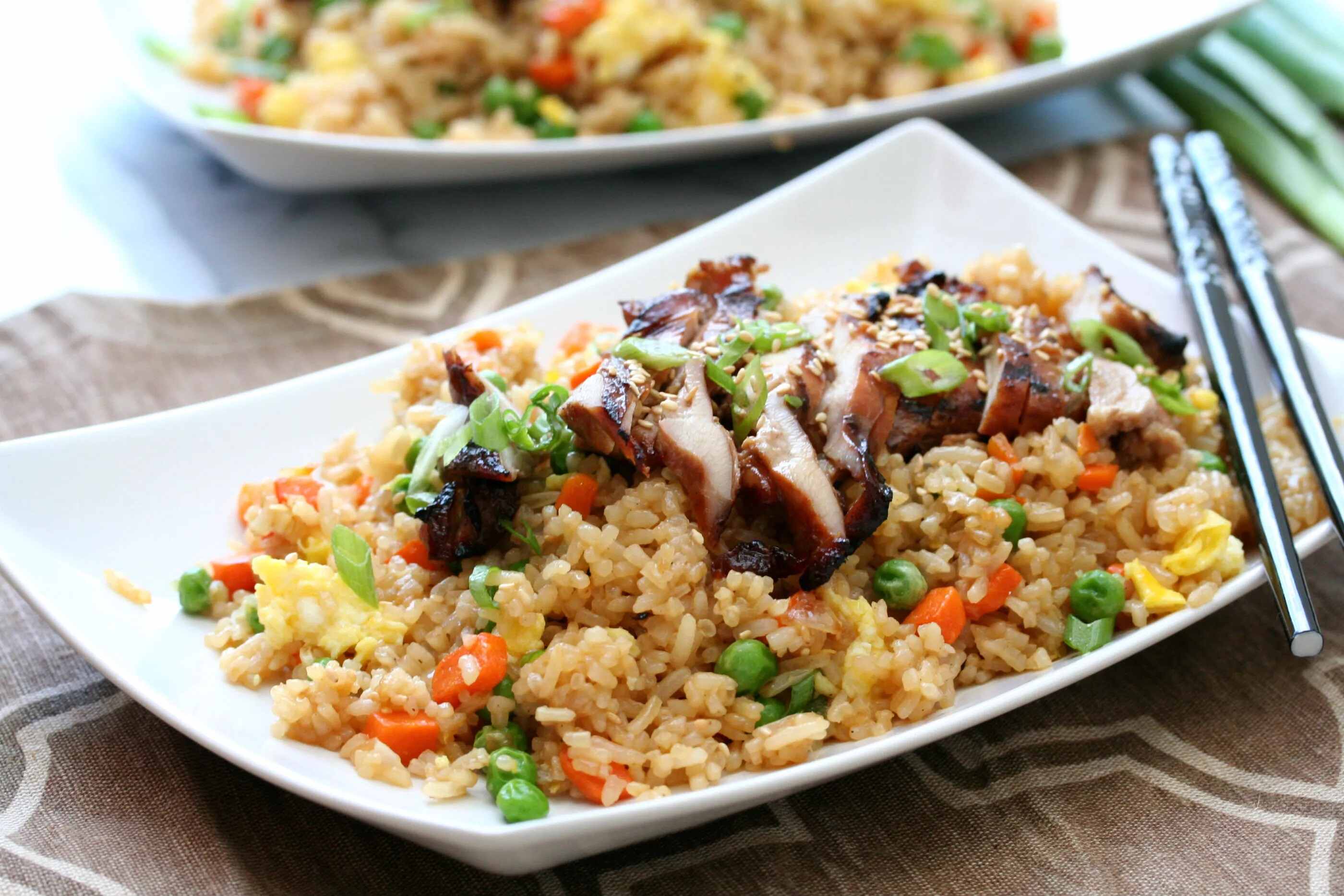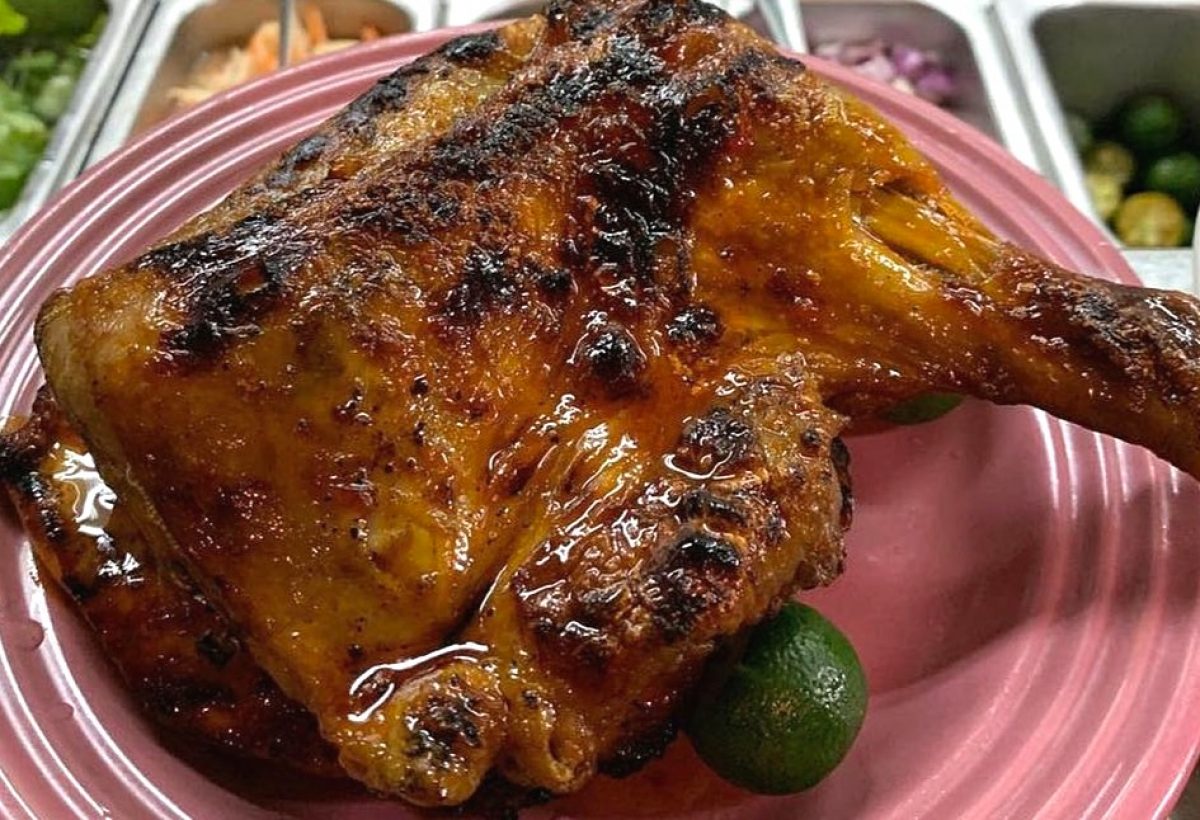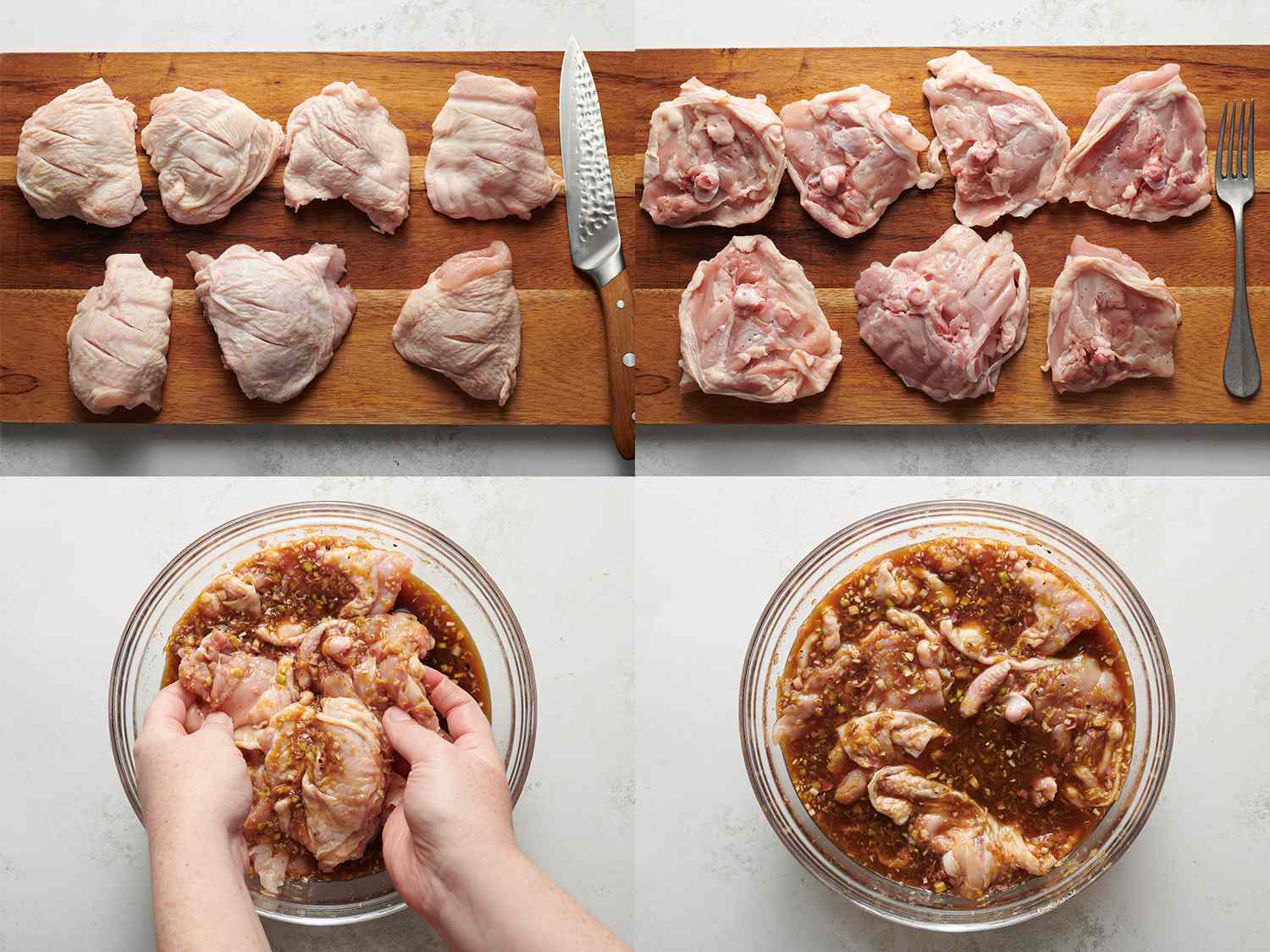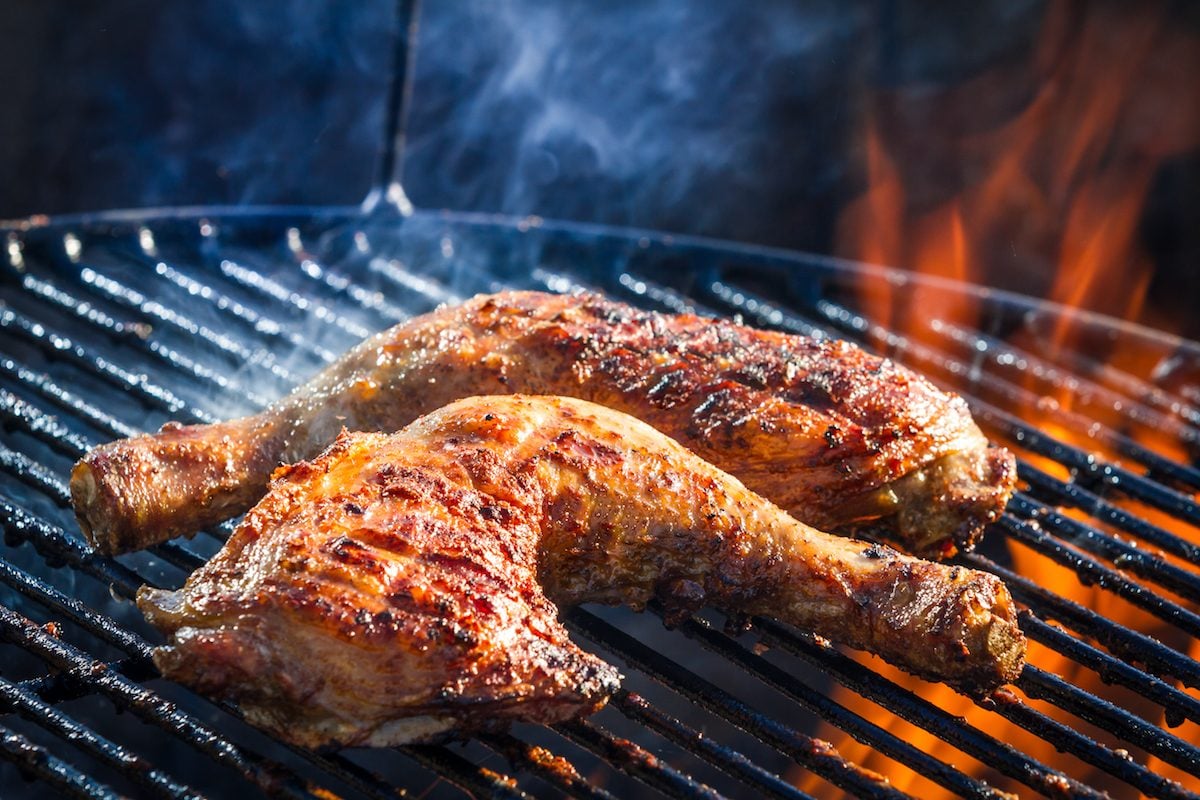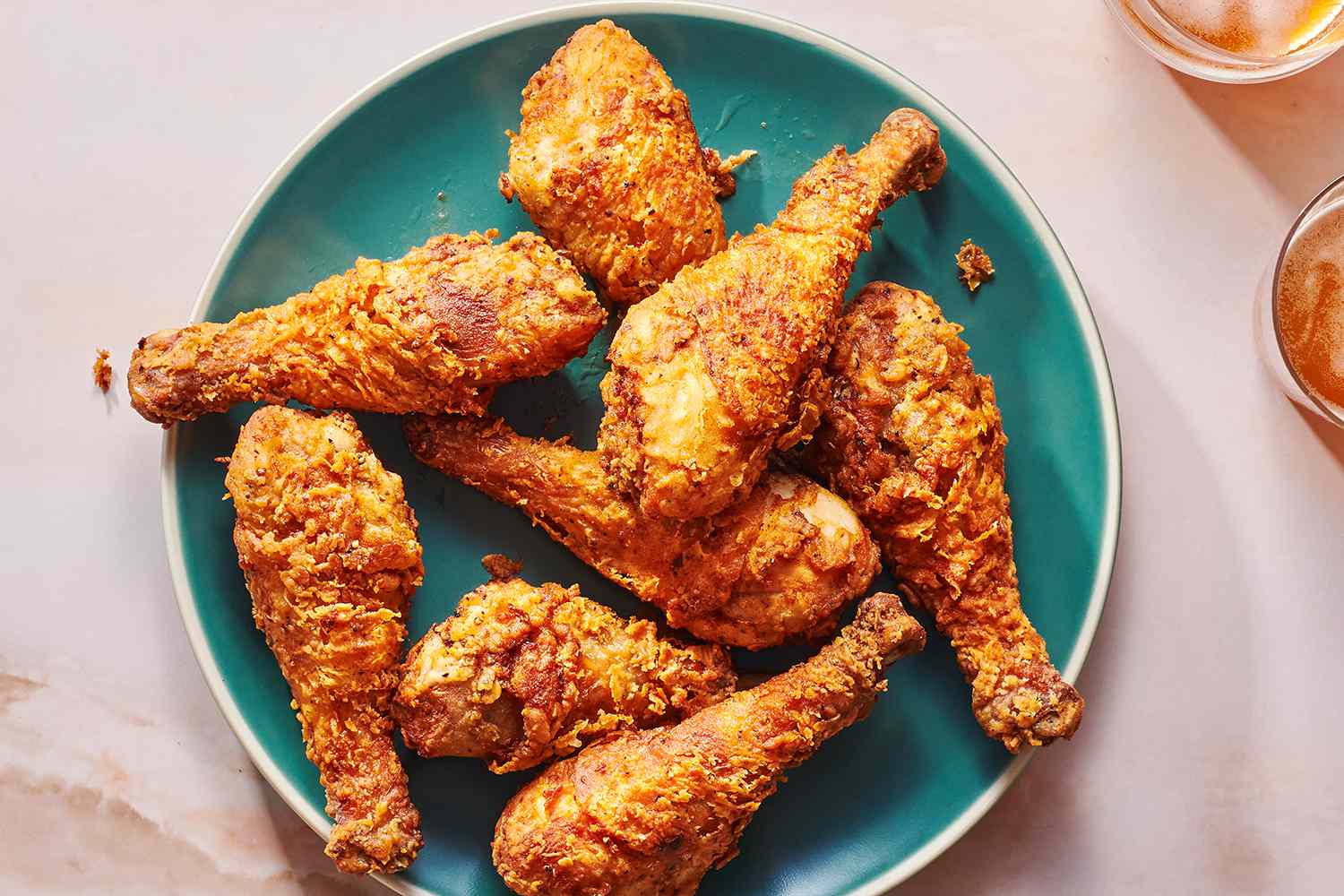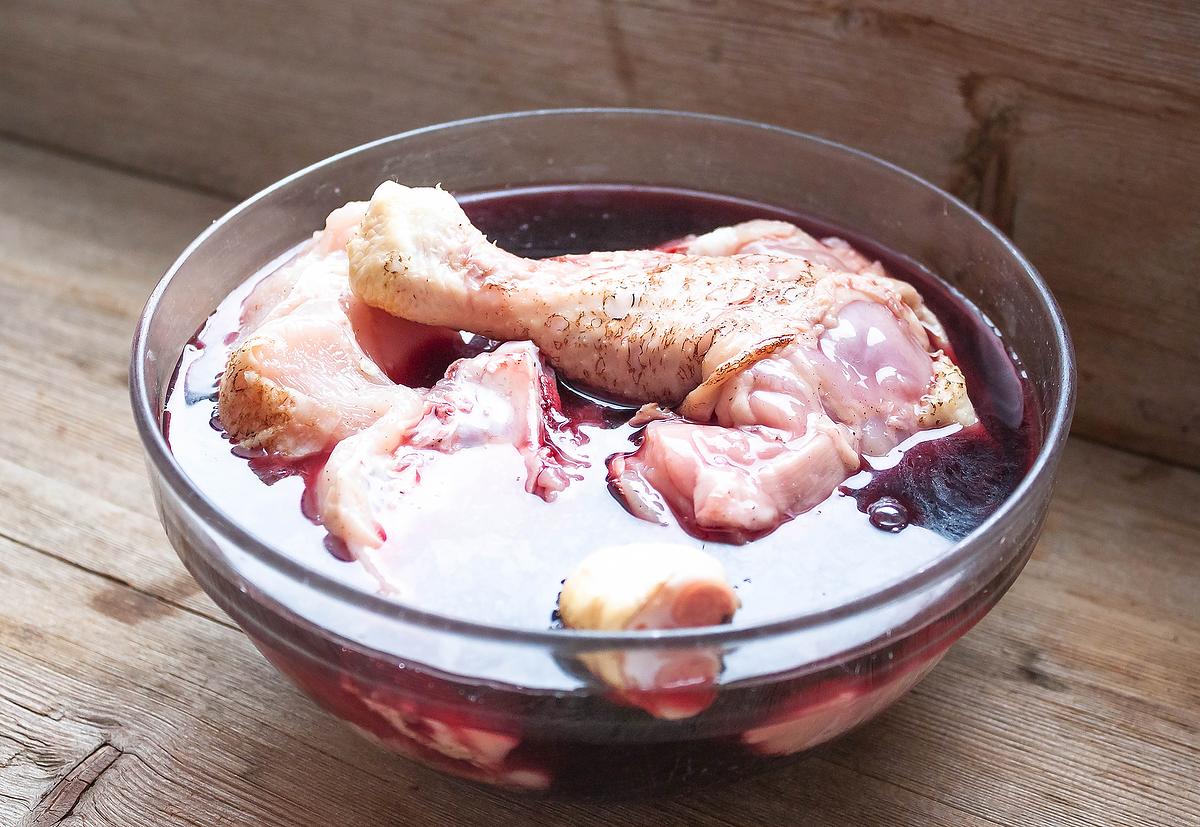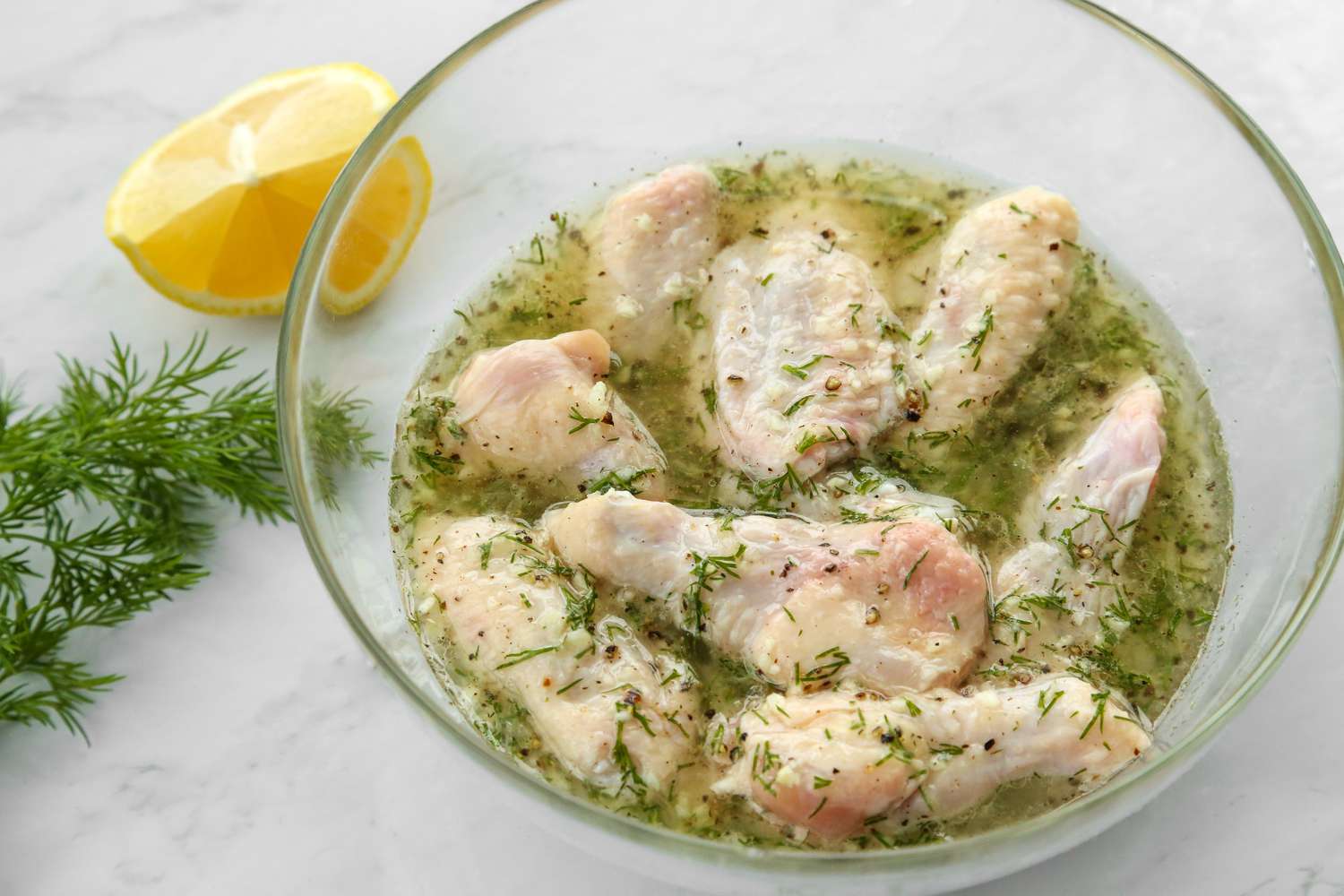When it comes to cooking chicken, marinating the meat can make a world of difference in terms of flavor and tenderness. One surprising ingredient that can help achieve this is baking soda. Yes, the same baking soda that you use in baking and cleaning can also be a secret weapon in the kitchen when it comes to marinating chicken. In this article, we will explore the benefits of using baking soda to marinate chicken and provide a step-by-step guide on how to do it.
Benefits of Using Baking Soda to Marinate Chicken
Marinating chicken with baking soda offers several benefits that can enhance the overall quality of the meat. Here are some of the advantages:
- Tenderness: Baking soda helps to tenderize the chicken, making it more succulent and juicy when cooked.
- Flavor Enhancement: The baking soda can help the chicken to absorb other flavors more effectively, resulting in a more flavorful end product.
- Crispier Skin: When used in certain recipes, baking soda can also help to achieve a crispy and golden-brown skin on the chicken.
How to Marinate Chicken With Baking Soda
Now that we understand the benefits, let's dive into the process of marinating chicken with baking soda. Here's a simple step-by-step guide to help you get started:
-
Prepare the Chicken: Start by cleaning and patting dry the chicken pieces that you plan to marinate. This can include chicken breasts, thighs, wings, or any other cuts that you prefer.
-
Create the Marinade: In a bowl, mix together the marinade ingredients. This can include salt, pepper, herbs, spices, and of course, baking soda. The general ratio is about 1 teaspoon of baking soda for every 1 cup of marinade.
-
Coat the Chicken: Rub the marinade mixture all over the chicken pieces, ensuring that they are evenly coated. You can also place the chicken and marinade in a resealable plastic bag for easy mixing.
-
Let it Sit: Once the chicken is coated, allow it to marinate in the refrigerator for at least 15-30 minutes. For a more intense flavor and tenderness, you can let it marinate for up to 2 hours.
-
Rinse and Pat Dry: After marinating, rinse the chicken pieces to remove the excess baking soda and marinade. Then, pat them dry with paper towels before cooking.
-
Cook as Desired: You can now cook the marinated chicken using your preferred method, whether it's grilling, baking, or frying. The result should be tender, flavorful, and delicious chicken.
Tips for Marinating Chicken With Baking Soda
To achieve the best results when marinating chicken with baking soda, consider the following tips:
- Use in Moderation: Baking soda is potent, so it's important to use it in moderation. Too much baking soda can give the chicken an unpleasant aftertaste.
- Adjust the Timing: The marinating time can vary based on the thickness of the chicken pieces. Thicker cuts may require a longer marinating time for the baking soda to fully tenderize the meat.
- Experiment with Flavors: Don't be afraid to experiment with different herbs, spices, and marinade ingredients to create unique flavor profiles for your chicken.
In conclusion, marinating chicken with baking soda can be a game-changer in the kitchen. It offers benefits such as tenderness, flavor enhancement, and the potential for achieving crispy skin. By following the simple steps outlined above and keeping these tips in mind, you can elevate your chicken dishes to new heights. So, the next time you're preparing chicken, consider reaching for the baking soda to take your culinary creations to the next level.
Recipes and More Ways to Utilize This Guide
After mastering the technique of marinating chicken with baking soda, the culinary adventures are just beginning. Readers can enhance their cooking repertoire by trying recipes such as Baking Soda-Marinated Crispy Fried Chicken, known for its golden, crisp exterior and juicy interior. Another must-try is Tender Grilled Chicken Thighs with Baking Soda Marinade, which promises succulently soft meat with a slightly smoky flavor. For those seeking a healthier option, Juicy Baked Chicken Breast with Herbs and Baking Soda is an excellent choice, providing a moist and flavorful meal. Each recipe utilizes the fundamental skill of baking soda marinades in diverse ways, offering a variety of tastes and textures to explore and enjoy.
